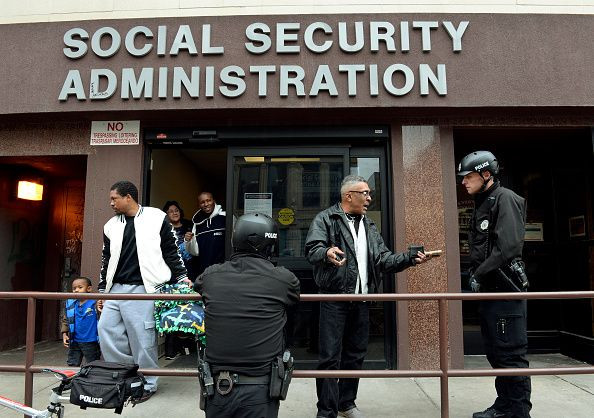Social Security 2020: A Shocking Statistic About Maximizing Benefits

The monthly benefit you receive from Social Security in retirement is based on your earnings during your 35 highest-paid years in the workforce. But you actually have the power to raise that benefit substantially. All you need to do is delay your filing until age 70 to score the maximum boost you can collect.
Once you reach full retirement age (FRA), you're entitled to your full monthly benefit based on your earnings history. FRA is either 66, 67, or somewhere in between, depending on your year of birth. But if you hold off on taking benefits past FRA, you'll accrue delayed retirement credits that are worth 8% a year.
Once you turn 70, those credits can no longer accrue. But if you're looking at an FRA of 66, you have an opportunity to give yourself a 32% raise. If your FRA is 67, you can snag a 24% raise. And to be clear, that's a raise for life.
But shockingly, less than 4% of filers claim Social Security at age 70. And that means the overwhelming majority of seniors are losing out on a key opportunity to improve their financial picture in retirement.
What can a higher monthly benefit do for you?
An estimated 48% of U.S. adults aged 55 and over have no retirement savings, reports the U.S. Government Accountability Office. And many older Americans with savings have lower IRA or 401(k) balances than they'd like. If you're in that boat, then you probably need all the money you can get from Social Security, in which case delaying your benefits certainly makes sense.
The average Social Security recipient today collects about $1,500 a month. If that's what you're entitled to at an FRA of 67, waiting until age 70 to file could raise your monthly income by $360. On a yearly basis, that's an extra $4,320 to work with, and if you're low on savings, that's a boost you can't afford to give up.
So why don't more seniors push off Social Security until age 70? Some simply can't afford to -- they lose their jobs or are forced to stop working at an earlier point in life, and need those benefits to keep up with their living expenses. But for others, there's a lack of patience at play. In fact, the most popular age to sign up for Social Security is 62, which, incidentally, is the earliest age to file. But claiming benefits ahead of FRA automatically reduces them in the process, which is why filing early is often a bad idea.
Meanwhile, close to 20% of seniors claim Social Security at 66, which is FRA for anyone born between 1943 and 1954. From a retirement income standpoint, that's certainly favorable to filing early, but it also means giving up that guaranteed annual 8% increase.
Claim benefits wisely
Of course, there is one scenario in which waiting until 70 to claim Social Security doesn't make sense, and it's if your health is in really bad shape. If there's a strong chance of you passing away before reaching your mid-80s, which is average life expectancy for a 65-year-old today, then you're generally better off claiming benefits early or on time rather than delaying. But if your health is reasonably strong, and there's no inclination that you won't live a decently long life, then delaying benefits is a great way to boost your retirement income on an ongoing basis.
Remember, most seniors need about 70% to 80% of their former earnings to live comfortably. There's some wiggle room in that formula, but if you want to get by on much less, you'll need to make serious sacrifices. In the meantime, Social Security will replace about 40% of your former paycheck if you're an average earner. If you don't have enough personal savings to bridge that gap, you really should consider delaying your filing as much as possible. Doing so could spare you a world of financial stress once your career wraps up and your benefits become your primary source of income for the rest of your life.
This article originally appeared in the Motley Fool. The Motley Fool has a disclosure policy.





















